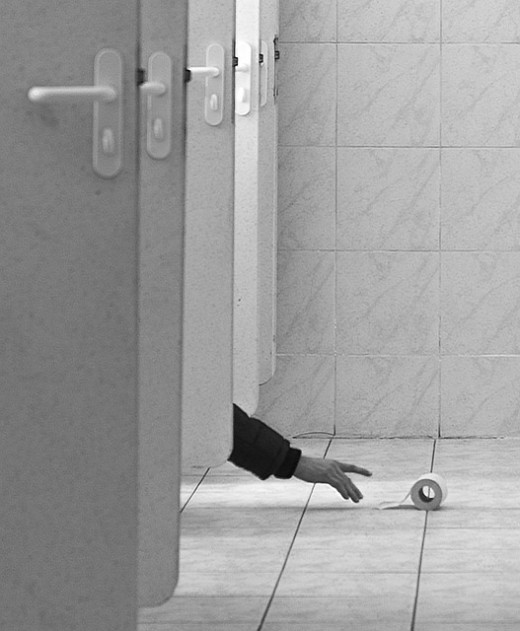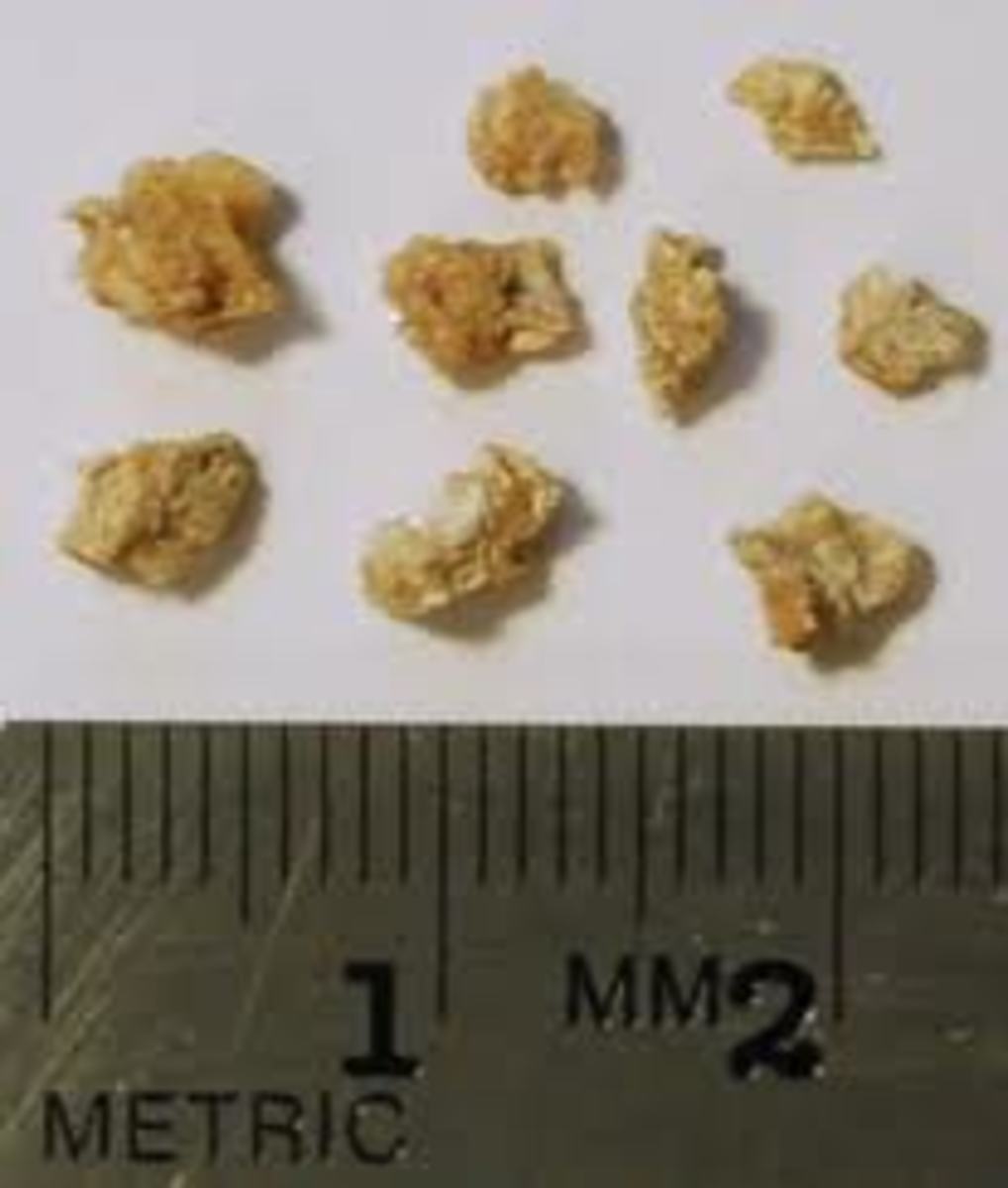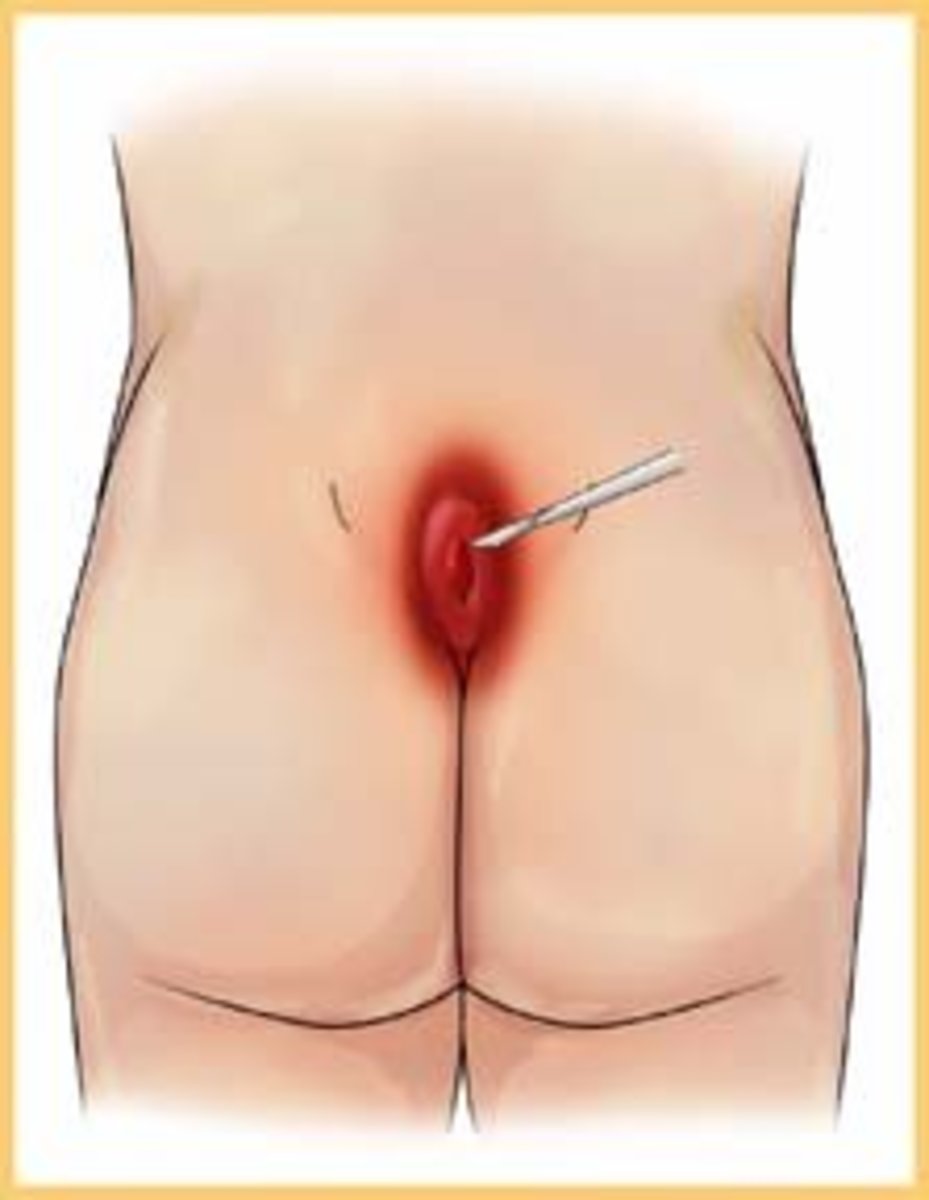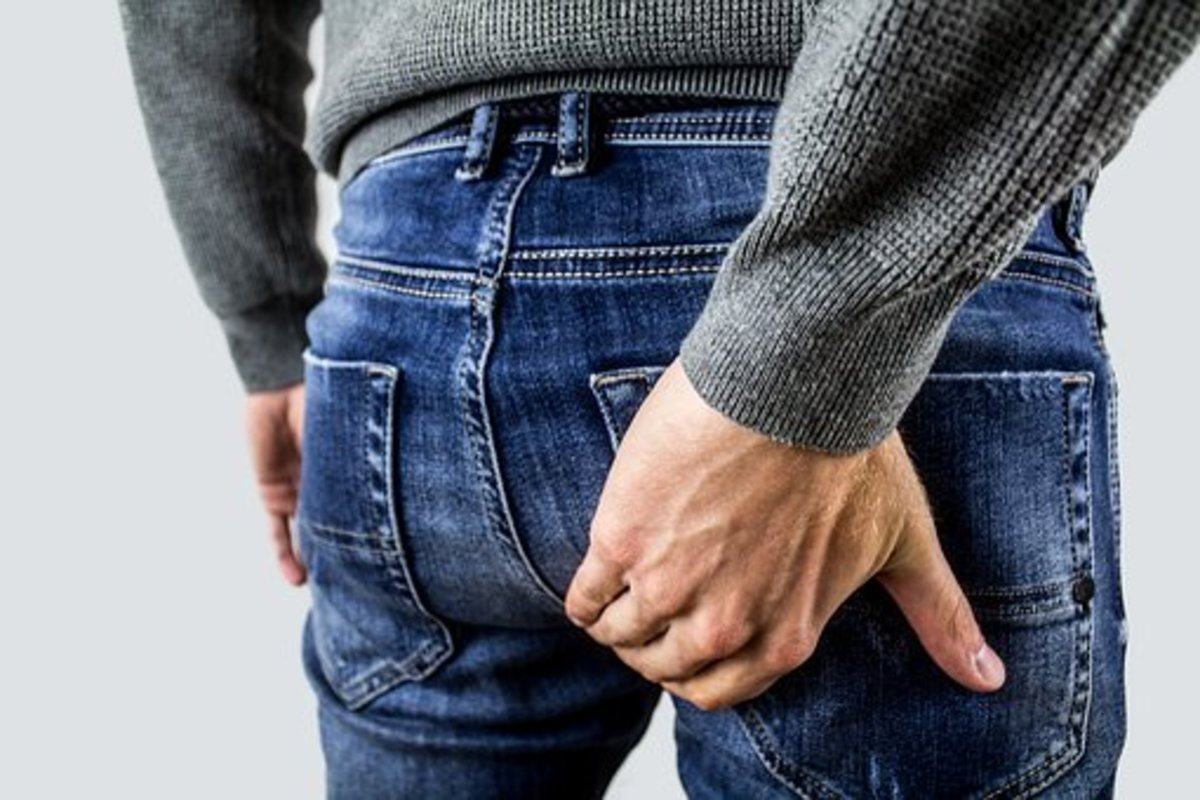Treatment of Constipation
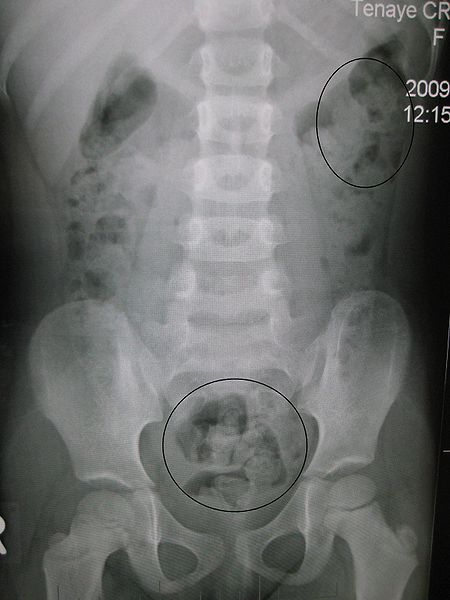
Brief explanation on constipation
Having constipation can be extremely unpleasant for sufferers and it gets to the point where they will do anything to prevent it from occurring. Most people tend to have a regular routine, and the bowels normally function more efficiently is it's allowed to follow a smooth consistent pattern. In medical terms, constipation is defined as the difficult and infrequent passage of small, hard stools. Some people think they are constipated if they don't have a bowel movement daily.
Depending on the person, however, normal stool elimination may be few times a day or few times a week. Frequently passing stools is not very important because many healthy people have bowel movements at widely differing intervals. Harmless occurrences of constipation are common, but sometimes there is an underlying abnormality that needs to be investigated and examined medically. If you have recently developed constipation that is severe or it lasts more than two weeks, you should consult your doctor immediately for a check-up, especially for people over the age of 50, but visiting a doctor is still vital for anybody at any age.
Constipation which is persistent may lead to faecal impaction, in other words, the hard faeces in the rectum remains there. Sometimes the liquid faeces may leak around the partial obstruction, and this will result in diarrhoea. See your doctor if both constipation and diarrhoea alternate.
The Causes of Constipation
- A low-fibre diet and lack of fluid intake is the first and most common cause of constipation.
- The second most common cause is ignoring and delaying the bowel movement. Basically if the call to stool is being ignore, this will result in the drying out of the stools in the rectum, where they became impacted and more harder to remove them.
- Lack of exercise or long periods of immobility are causes which can slow down the digestive system, and that includes muscle contractions that move the waste through the bowel. Immobility increases in elderly people which makes constipation more common in their age group.
- Stress and anxiety can cause constipation, and in such cases, it can also be a symptom of constipation.
- Irritable bowel syndrome (IBS) sufferers also suffer from constipation, and sometimes alternates with diarrhoea. Also cramping pains in the rectum and bowel are common in IBS sufferers.
- People with anal disorders, such as haemorrhoids, may find it painful to pass stools and develop constipation as a result of anal problems. Constipation may also occur to people who've had an abdominal surgery and are recovering from it.
- Common and everyday medicines are known to cause constipation. Such medicines like painkillers, iron pills, anti-depressants or antacids can develop constipation because they have particular chemicals in them such as aluminium and calcium carbonate, which upsets the digestive system.
- Excessive consumption of alcohol or caffeine drinks may lead to dehydration. Depending on the amount of consumption, this can also produce hard faeces which is difficult to pass.
- Depression or hypothyroidism may also cause and lead to constipation.
- Menopause and menstruation are times of lifestyle and hormonal changes and lead to constipation.
- People who go on holidays, especially in a different country, are more likely to develop constipation. This is due to the sudden change of diet and the change of routine.
Ways On Preventing & Relieving Constipation
There are however, simple measures to take to prevent, reduce or relieve the discomfort of constipation.
- Increased consumption of fibre is very beneficial and very healthy for the digestion system. Fibre helps to soften the stools, and passing of stools is much easier and gentler. Foods like bran, cereals, fruit, leafy vegetables, wholegrain bread, peas and beans are rich in fibre, so consider eating them on a regular basis. Eating prunes and figs are great fruits to keep the bowel healthy.
- Drink plenty of water to avoid dehydration. Drinking between 6-8 glasses a day can prevent constipation. Water is very essential to help move waste matter through the colon in the body.
- Avoid or at least limit drinks which makes you dehydrate. Things like cola, coffee, tea and alcohol are best avoided or reduced.
- Avoid or reduce foods which are highly refined and processed such as white bread, eggs, meat or cheese for example.
- Avoid using laxatives for a long period of time. Persistent use of stimulant laxatives can make the bowel become less active and weak, and may not function properly without the laxatives, so avoid relying on them so the bowels don't get used to it.
- Try to do regular exercise at home or enrol at a gym. Exercise can help reduce constipation.
- Never ignore a bowel movement (call to stool). As already mentioned above, the longer you delay it, the drier and harder the stools get in the rectum. Wherever and whenever possible, take immediate action and eliminate the waste.
- It is also quite important to have a regular routine in which you visit the toilet at the same time of the day. However, this is not always a possible schedule to keep, but at least you can try to keep that routine.
- Taking natural herbal remedies can also benefit you in reducing constipation. They can relax the bowel, relieve discomfort and promote regular and normal bowel movements.
There are several simple steps you can take to relieve and prevent recurrence of constipation. The steps listed above is advantageous for everyone whether they've developed constipation or not. However, if constipation persists despite using methods of self-help, then a doctor should be consulted to perform tests to find the cause of constipation.
